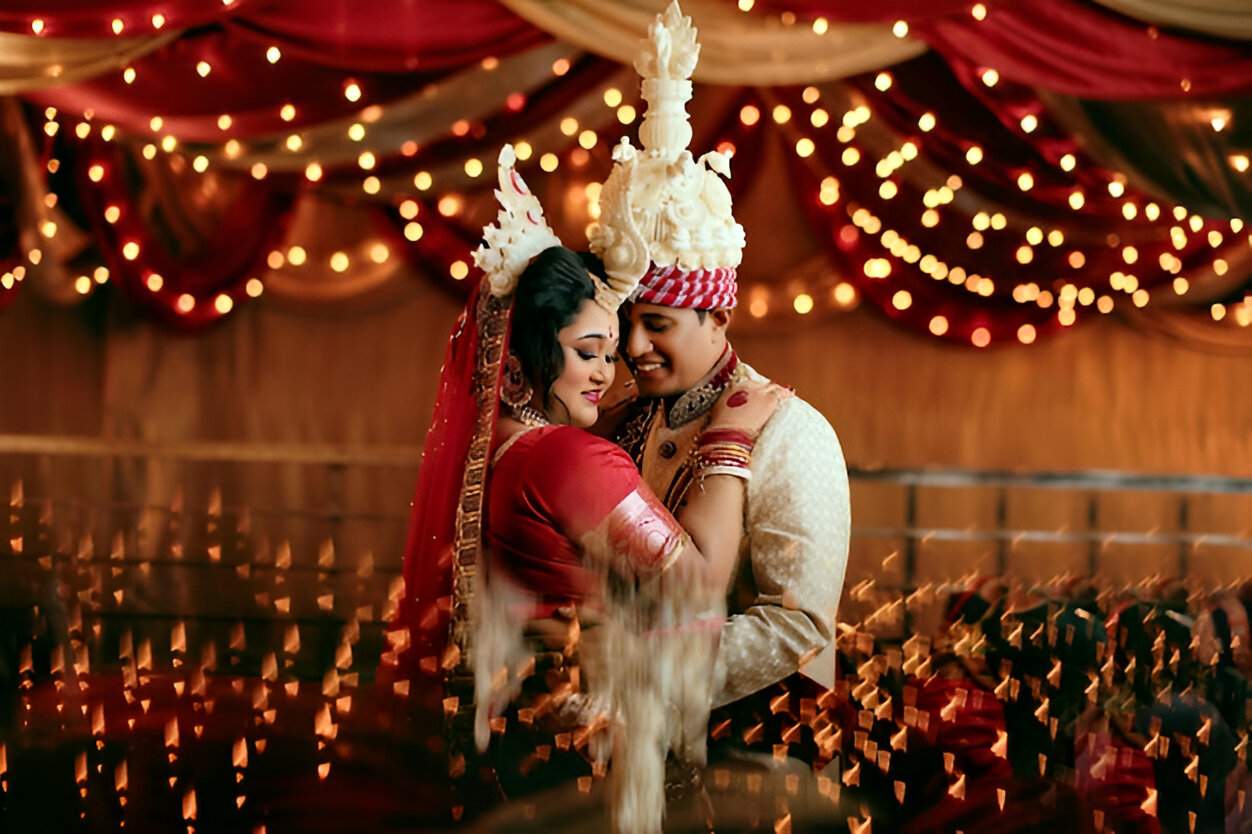
India, with its vast cultural diversity and centuries-old traditions, has always placed immense value on marriage, not just as a union between two individuals but as an alliance between families, communities, and social structures. One of the most deeply entrenched of these structures is the caste system, and despite modernity, education, and globalization, caste remains a dominant force in the matchmaking process for many Indians.
The Enduring Legacy of Caste in Marriage
The caste system, originally a hierarchical division of labor in ancient India, has evolved into a rigid social order. While legally abolished and constitutionally discouraged, caste continues to wield influence over social behavior, nowhere more clearly than in the domain of marriage.
In both arranged and love marriages, caste considerations often determine compatibility, acceptability, and social sanction. Families continue to prefer matches within their caste or sub-caste to maintain cultural continuity, social prestige, and perceived purity. Marrying outside one’s caste is still seen by many as taboo, leading to social ostracization or even violence in extreme cases.
According to various surveys and matrimonial website data, over 90% of Indians still marry within their caste. This statistic underlines how deeply embedded the idea of caste endogamy remains, even in urban, educated, and seemingly progressive households.
Caste as a Filter in Matrimonial Platforms
With the advent of online matrimonial sites, the age-old practice of caste-based matchmaking has gone digital. While these platforms offer a veneer of modernity and individual choice, they are often structured in a way that reinforces traditional boundaries. Users are prompted to filter potential partners based on caste, sub-caste, and even gotra (clan lineage).
This digital reinforcement of caste demonstrates how technology can perpetuate old social structures rather than dismantle them. Matrimonial platforms may allow users to opt out of caste filters, but societal pressures often guide users to seek within their caste nonetheless.
Interestingly, some newer dating apps have started ignoring caste altogether, appealing to younger Indians who are seeking more inclusive and cosmopolitan relationships. However, these remain a minority. When it comes to marriage, a deeply family-centric affair, caste quickly reasserts itself.
Family Honor and Social Approval
For many Indian families, marriage is not merely a personal choice but a collective decision. A same-caste marriage is viewed as safer, more respectable, and easier to integrate into existing social circles.
In rural areas, where social networks are tightly knit, the repercussions of such unions can be especially harsh. Caste-based honor killings, though rare, are a tragic reminder of the deadly consequences of defying this norm.
Caste in Urban and Diaspora Matchmaking
It’s tempting to assume that urbanization and migration have diluted caste consciousness, especially among the Indian diaspora. However, caste has found ways to adapt. Among NRIs (Non-Resident Indians), caste can become an even more prominent factor, used to maintain ties to ancestral identity in a foreign land.
Urban India shows signs of loosening caste rigidity, with increasing examples of inter-caste dating and marriage. But even in cities, when it comes time to “settle down,” caste often returns to the forefront. Parents begin their search for “suitable matches,” and caste-based preferences are discussed openly, if not insisted upon.
The Psychological Burden on the Youth
The perpetuation of caste in matchmaking has significant emotional and psychological effects on the younger generation. Many young Indians feel torn between respecting family expectations and asserting their individual choice. Some feel compelled to end relationships that don’t align with caste expectations. Others remain single for extended periods, unable to find a match that satisfies both heart and heritage.
This conflict can lead to guilt, stress, anxiety, and strained family relationships. It highlights a need for a societal shift toward prioritizing compatibility, values, and emotional connection over rigid social divisions.
The Blessings Matrimonials
The Blessings Matrimonials is a progressive matchmaking platform that blends tradition with modern values. Unlike conventional matrimonial services that often prioritize caste as a primary filter, The Blessings focuses on compatibility, shared values, and long-term partnership goals.
Their team of experienced matchmakers provides personalized services that respect cultural backgrounds while encouraging openness and inclusivity. Catering to urban professionals and NRIs, The Blessings helps families and individuals navigate the delicate balance between tradition and modern aspirations. In doing so, they’re playing a small but significant role in challenging the caste-based norms that dominate Indian matchmaking culture.
Don’t Miss: Astrology and Marriage: Does Kundali Matching Matter?
Conclusion
Caste remains one of the most stubborn and enduring influences on Indian matchmaking. While the nation is making strides in education, gender equality, and economic progress, the shadow of caste still looms large over marriage decisions.
However, winds of change are blowing. As awareness grows and younger generations prioritize compatibility over caste, there is hope for a more inclusive future. Platforms like The Blessings Matrimonials, which challenge traditional filters and advocate for meaningful connections, represent the beginning of a quiet revolution.
Change won’t happen overnight. But as more people question outdated norms and embrace love that transcends caste, Indian matchmaking may one day be defined less by surnames and sub-castes and more by shared dreams, respect, and emotional connection.